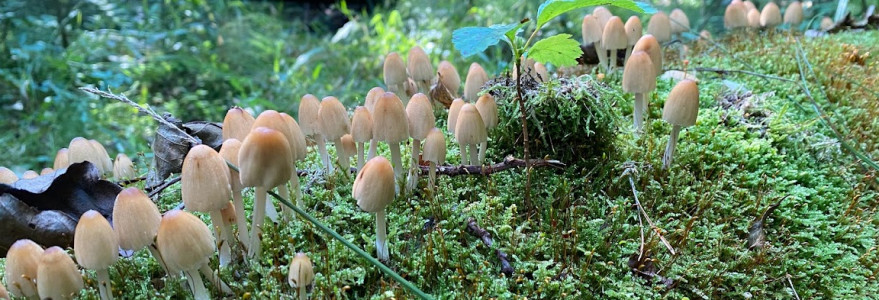A team of researchers from the UW’s Faculty of Biology, led by Prof. Julia Pawlowska, has been recognised in the BiodivMon competition of the European Biodiversity Partnership Biodiversa+. The UW scientists’ project concerns the monitoring of fungal diversity in the context of nature conservation.
On 1st December, the results of the competition “BiodivMon – Improved transnational monitoring of biodiversity and ecosystem change for science and society” were announced, in which scientists can apply for funding for three-year international research projects. Among the thirty-three awarded projects, six are led by teams from Poland, including FunDive: Monitoring and mapping fungal diversity for conservation purposes, led by Prof. Julia Pawłowska from the Faculty of Biology, University of Warsaw.
The most abundant group of organisms
“Fungi are one of the most abundant groups of organisms on Earth with key importance for the functioning of most ecosystems. Despite their great importance, for years they have been neglected in monitoring work and conservation efforts. The main goal of our project is to develop common European monitoring standards and to integrate fungal biodiversity data at an international level, so that this group of organisms can be taken into account in the development of nature conservation regulations,” Prof. Julia Pawłowska says.
Working with international partners, the team plans to create a database based on reference DNA sequences for fungal species from European herbaria. The researchers estimate that sequences for about 500 specimens will be obtained in Poland alone. By collecting and organising the new data, it will be possible to gain more accurate knowledge and understanding of changes in the diversity and distribution of fungi in Europe.



